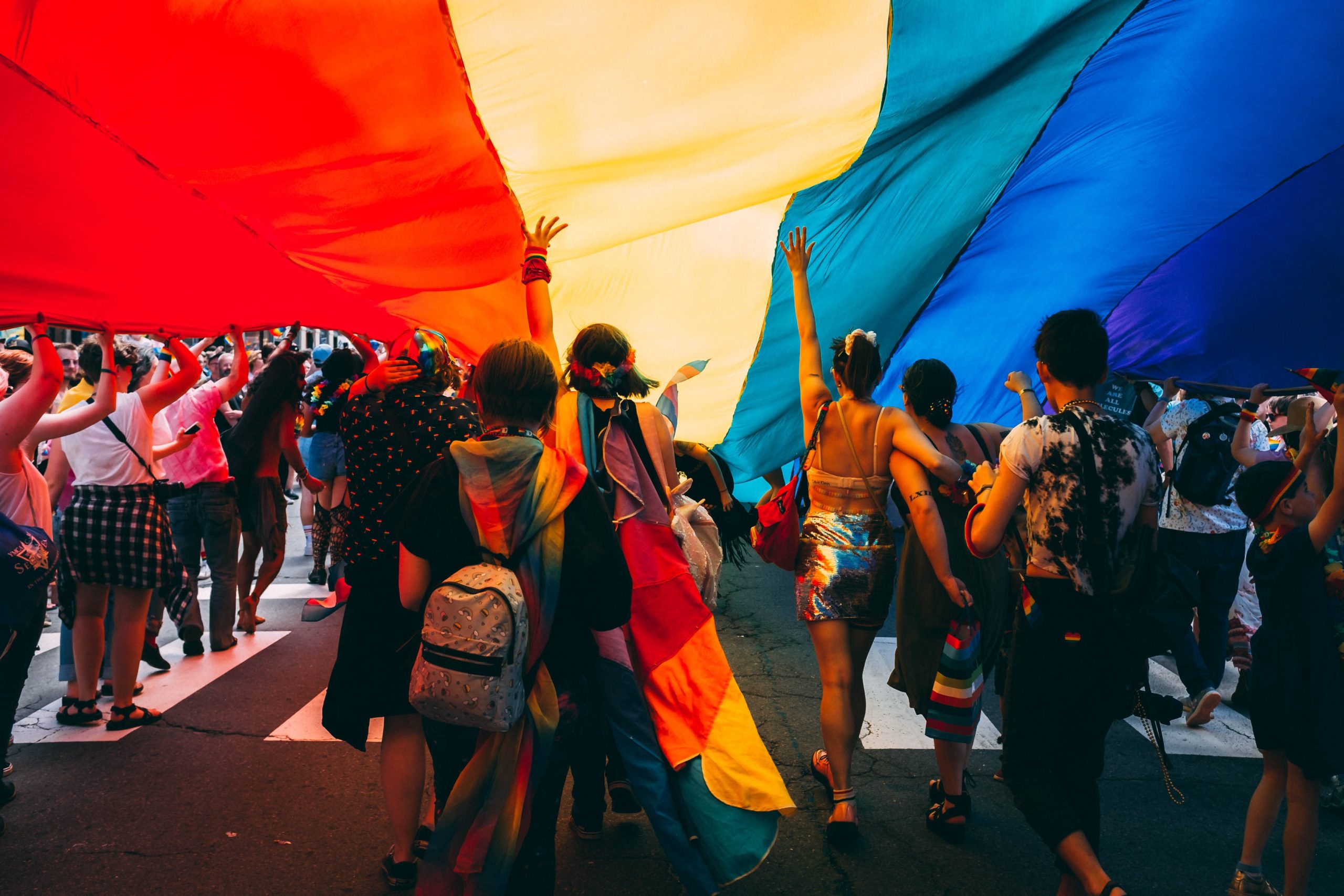If you’re unsure of how to come out, read these tips to signal to other lgbt people that you’re gay. They’ll help you recognize lgbt people and avoid presumptuous language. They’ll also show you how to tell other lgbt people that you’re gay without outing yourself.
Coming out as a lgbt person
There are many different reasons why someone would want to come out. For some people, it will be a way to connect with the LGBTQ+ community, introduce themselves to their partner, or seek a new romantic relationship. Other people may come out because they want to feel accepted and find a partner who shares their values. If these reasons are the case, there are many resources available to help you come out safely.
In the United States, the day is celebrated as National Coming Out Day. This is a civil awareness day that encourages LGBT people to openly discuss their sexual orientation or gender identity with family, friends, and coworkers. It is also the inspiration for LGBT History Month in October. In the 1970s, Robert Eichberg and his partners William Gamble created the event in honor of the Second National March on Washington for Lesbian and Gay Rights, a mass rally in Washington DC attended by 500,000 people.
Identifying lgbt people
Identifying as a lesbian or gay woman does not necessarily mean you have to out yourself. Instead, you can ask people how they describe themselves and whether they identify as LGBTQ. By doing so, you can support those who do not want to out themselves. However, you should avoid using the term “homosexual,” as it is derogatory and offensive to many people. It is best to use other terms that describe who you are and your sexual orientation.
Coming out can be difficult but it is a liberating experience. Many people take time to come out. It is important to realize that you are not alone and that others are also going through the same things you are going through. There are many organizations and support groups available to you. Try to use these resources. You’ll find many allies who will help you. And if you don’t want to out yourself, you can talk about your experience with those around you.
Avoiding presumptuous language
When it comes to LGBTIQ+ inclusion, a common problem is the use of presumptuous language. Many assumptions are made about what is considered acceptable language when referring to LGBT people, such as the usage of binary pronouns and the assumption that coming out is a private matter. If you hear people using presumptuous language, it is important to address the situation and challenge the person’s behavior.
In the workplace, it is important to avoid presumptuous language, such as “gay male” or “gay man.” These terms have varying meanings, and it is important to avoid using presumptuous language to avoid triggering the fear of being misunderstood. Moreover, these words carry with them the connotations of pathology and criminal behavior, which can make LGBT+ people feel invisible in the workplace.
Signaling to other lgbt people i’m gay
Coming out used to mean revealing your sexual orientation to other members of the LGBTQ+ community. It meant using a coded phrase such as “family member,” “club member,” or “friend of Dorothy.” Even though it was originally coined by female sex workers, the word “gay” became a popular term for non-heterosexuals after the Stonewall Inn rebellion of 1969.
Coming out has its benefits. Among them are increased self-esteem, a lower risk of depression, and a reduced risk of HIV/AIDS. Coming out also increases your chances of being hired by employers who are supportive of the LGBT community. However, it’s important to note that the LGBTIQ+ community is still evolving and workplace cultures can impact your acceptance.
